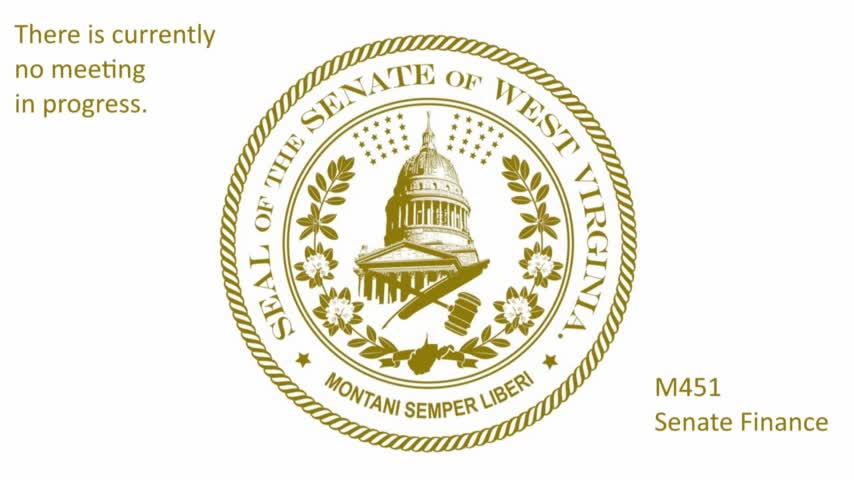Senate committee advances Joel Archer substance abuse intervention act to full Senate
Get AI-powered insights, summaries, and transcripts
Subscribe
Summary
A Senate committee voted to report a committee substitute for Senate Bill 761 — the Joel Archer Substance Abuse Intervention Act — to the full Senate with a recommendation that it pass and an initial referral to the Judiciary Committee.
A Senate committee voted to report a committee substitute for Senate Bill 761 — the Joel Archer Substance Abuse Intervention Act — to the full Senate with a recommendation that it pass and an initial referral to the Judiciary Committee.
The bill, as explained by Committee Counsel, would create a process for petitioning a circuit court to order involuntary treatment and hospitalization for a person the petition alleges is suffering from a substance use disorder and presents an imminent danger to themselves, family or others, or is substantially likely to do so in the near future. "The proposed bill creates the Joel Archer substance abuse intervention act," Committee Counsel said.
Under the substitute the petitioner must be a "qualified individual" and the person subject to the petition must be the petitioner's spouse or dependent as defined in 26 U.S.C. §152. The petition must be a verified filing in the circuit court of either the respondent's domicile or the qualified individual's domicile and must be accompanied by a signed guarantee that the petitioner will either pay all treatment costs or prove the costs are eligible for state or federal assistance for the anticipated treatment period.
If the court finds probable cause after reviewing the petition, a hearing must be set within 14 days. The respondent must be examined no later than 24 hours before the hearing by two qualified health professionals, one of whom must be a physician with substance use disorder treatment experience; the professionals must certify their findings to the court within 24 hours and are subject to subpoena and cross-examination. The physicians may conduct examinations by telehealth.
If the court finds beyond a reasonable doubt that the respondent should be ordered to undergo treatment, the court may order treatment for up to 60 days. The bill permits up to a 72-hour hold following an examination and certification that the person meets the statutory criteria; transportation costs to a hospital or psychiatric facility ordered by the court would be included in treatment costs. The bill provides that a respondent who refuses to undergo court-ordered treatment may be held in contempt of court. The substitute clarifies that the petitioner is the qualified individual and reiterates that the person subject to the petition must be the spouse or dependent of that qualified individual.
Committee members discussed fiscal implications. Committee Counsel said there is no fiscal note attached to the substitute, but the chair said a fiscal note is "pretty big" and that members would likely ask the full Senate to refer the bill to the Finance Committee on the floor. "This is a, very complicated issue. It's gonna take a lot of work," the Chair said. Senator Sherner added, "I thank you for bringing this bill before the committee and I think it's gonna get a hard look by all those involved to try to come to some remedy on this."
The committee voted to agree to the language of the committee substitute and then voted to report the substitute to the full Senate with the recommendation that it do pass, under the original double committee reference first to the Judiciary Committee; the chair declared the motions adopted. The committee identified the Department of Health facilities and the state courts as government agencies affected by the bill and set an effective date of 90 days in the substitute. Committee members also noted a second committee reference to Judiciary on the bill and signaled a likely request on the floor to have the Finance Committee consider fiscal impacts.
Less central to the bill discussion, the committee pulled House Bill 2437 from the agenda for possible future consideration.
